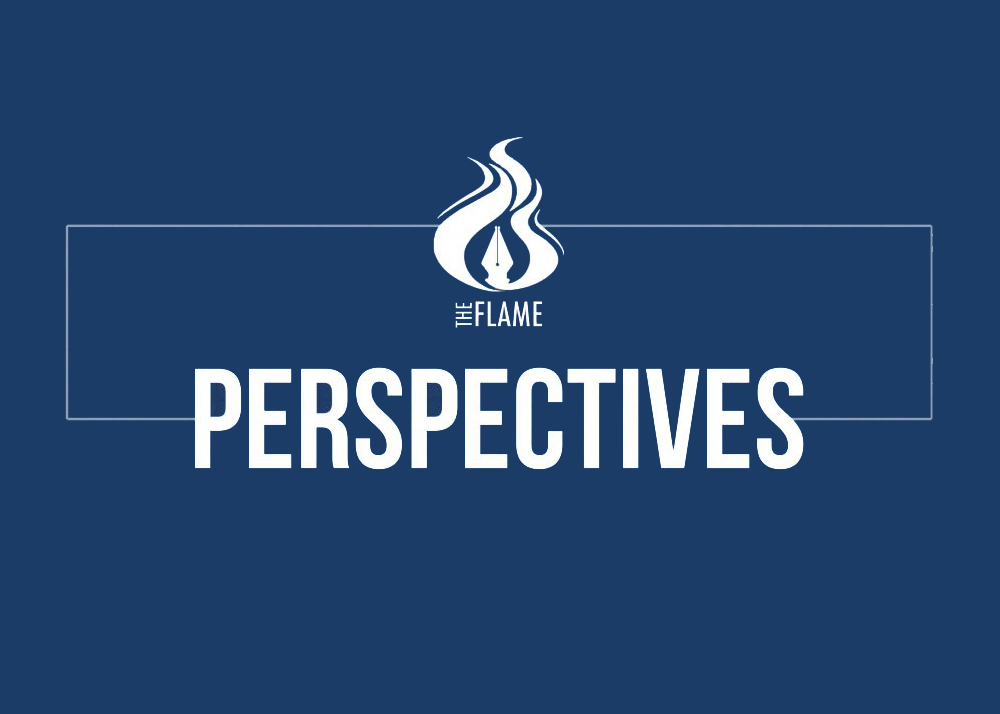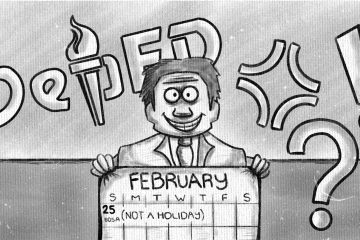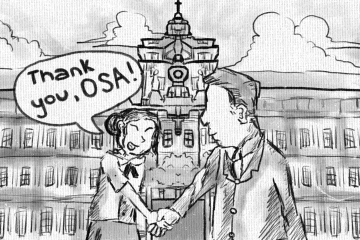By Maria Cecilia O. Pagdanganan
As a self-professed Twitter addict, I have grown accustomed to seeing #____isoverparty trend. Here, you would see users bring up a celebrity’s past bigoted comments and hurl insults at said celebrity. You can get plus points if you spot the occasional K-pop fancams (videos of Korean pop idols dancing), accompanied with the word “DELETE” in all-caps.
Alas, the public court of Twitter strikes again.
The rise of social media platforms such as Facebook and Twitter has made it easier for people to express themselves freely. However, this might embolden them to post offensive content. In retaliation, the bereaved party would “cancel” this person. Cancellation varies in gravity, from snarky replies to death threats.
As toxic as this seems, cancel culture advocates may mean well. This is because the cancelled personalities are usually celebrities with massive platforms. Consequently, their offensive posts might encourage their followers to mimic their behavior. Since these celebrities would usually receive a slap on the wrist as punishment, the bereaved party would turn to social media to call them out.
However, cancel culture can also be counterproductive. Since many of the “cancelled” personalities are usually celebrities with large fanbases, their fans might blindly defend them. This can cause them to dismiss the testimonies of the bereaved party. This is especially prevalent among fans of celebrities who have been accused of sexual misconduct and violence. To them, their idols can do no wrong, and thus their victims must suffer in silence.
Not only that, but celebrities also have easy access to legal defense and institutional support. So yes, while they have earned netizens’ ire, in the end, the big guys still support them. This now begs the question, have they really been cancelled?
Cancel culture can be especially harmful if the guilty party is an ordinary person. These people do not have protective fanbases or easy access to legal defense. This means that if they were to get called out online, they would essentially be marked for life.
For instance, Paula Jamie Salvosa, who went viral after arguing with an LRT guard, said that she endured intense cyberbullying and even received rape and death threats. The ‘Amalayer incident’ also caused her not to be able to go to school for two months. Others may also not get employed due to their tainted reputations.
Cancel culture might have good intentions, but in the end, it does not consider that people are inherently imperfect. It severely punishes ordinary people for their mistakes and perspectives that diverge from the commonly accepted public opinion.
Not only that, it is still relatively ineffective in actually holding powerful people accountable for their grave offenses. It is only a vicious cycle that dismisses the notion that people can change for the better.
Hence, we must resort to more productive means to help an individual realize the error of their ways. For example, if you know the cancelled party personally, you can ask them directly about their side and offer them advice when prompted.
More importantly, people must distinguish the gravity of a person’s offenses and must respond accordingly. After all, a trial by the public court of Twitter is not the only solution. F
Editor’s Note: This column was originally published in Vol. 57, Issue No. 1 of The Flame. View the entire issue through this link.




